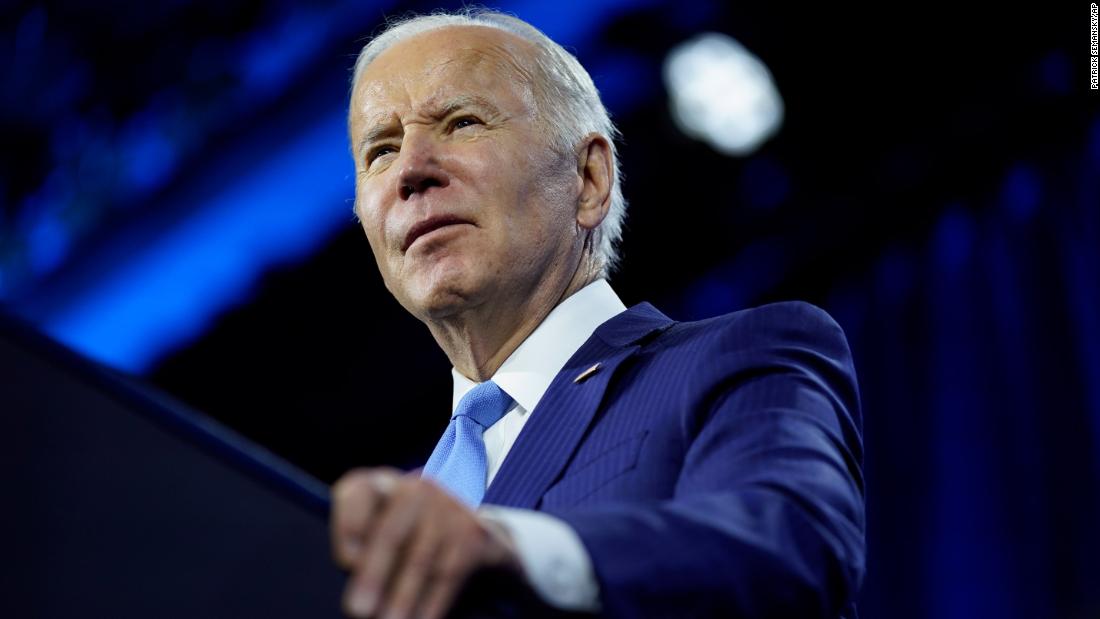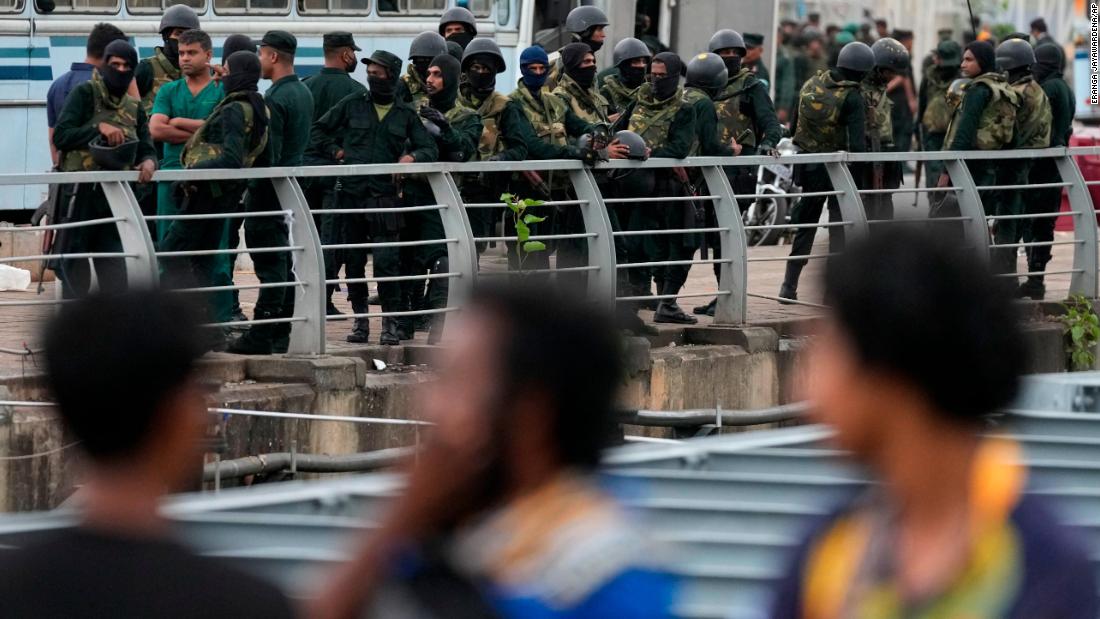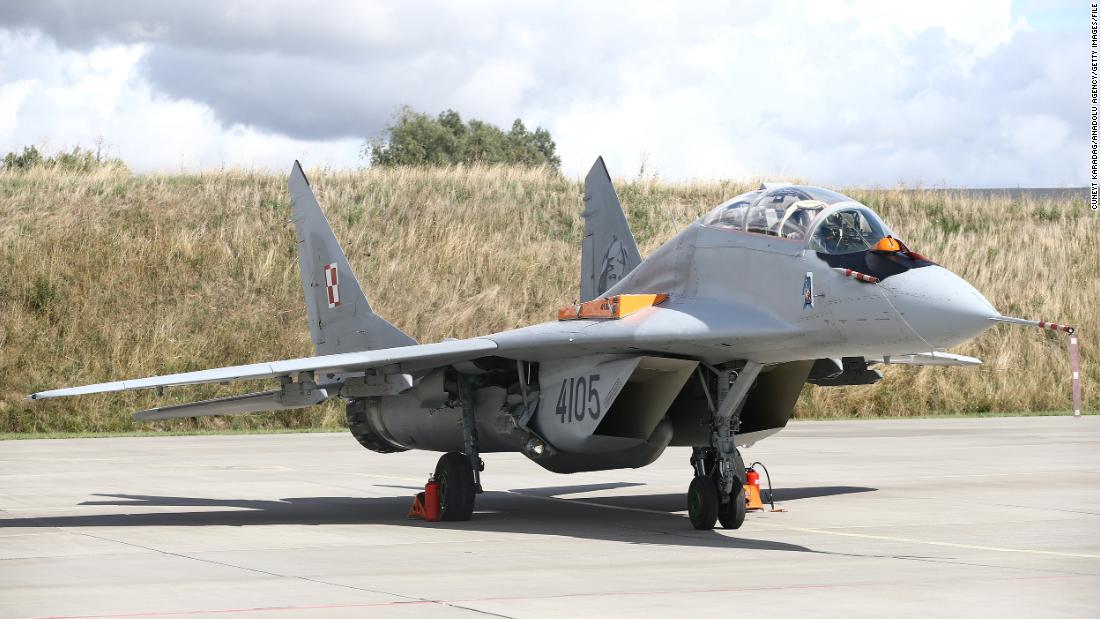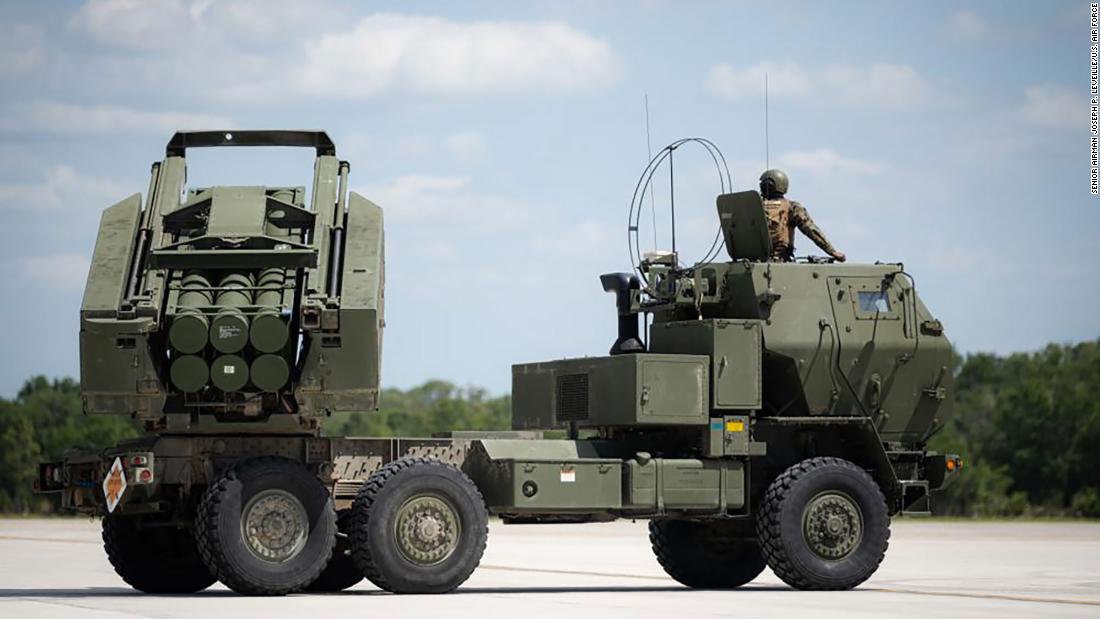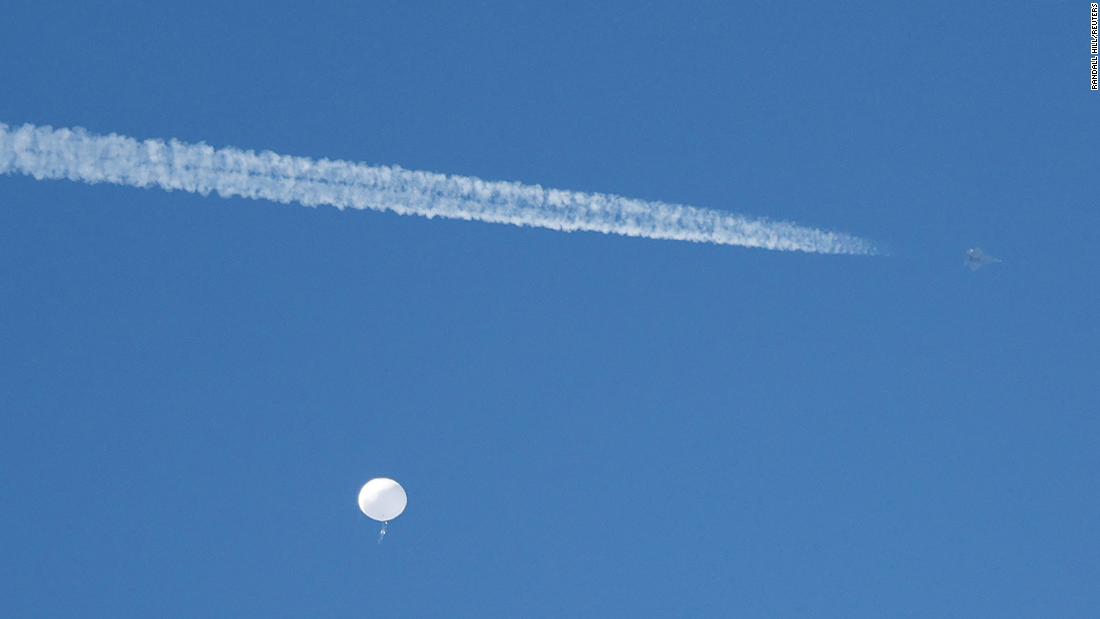India offers medical supplies to African nations
2 min ago Japan confirms first case of Omicron variant From CNN's Junko Ogura in Tokyo Japan has detected its first case of the Omicron coronavirus variant in the country, Chief Cabinet Secretary Hirokazu Matsuno said at a news conference Tuesday. The infection was detected in a man in his 30s who traveled from Namibia to Tokyo and tested positive at Narita Airport on arrival Sunday. Matsuno said the man is in quarantine at a government facility and his close contacts have been traced. Japanese Prime Minister Fumio Kishida was planning to hold an emergency meeting with ministers, he added. Japan is the 19th country or territory to diagnose a case of Omicron, according to analysis and data compiled by CNN. Omicron has been labeled a "variant of concern" by the World Health Organization. There is no indication yet whether the variant is more transmissible or more deadly than previous mutations of the coronavirus. 45 min ago Australia confirms sixth case of Omicron variant From CNN's Lizzy Yee in Hong Kong Australia has reported a sixth case of the Omicron coronavirus variant after a traveler who recently arrived in the state of New South Wales from Qatar was found to be positive for the virus. The patient, who is fully vaccinated, flew on flight QR908 from Doha to Sydney on November 25, according to a statement by NSW Health. The person had previously been in southern Africa. According to the statement, the person had visited a number of venues in Sydney and the Central Coast before new arrival restrictions were enacted. The infected traveler is now isolating at home on the Central Coast. Two people who had been on the same flight, QR908, have also been confirmed as Covid-19 cases, but genomic testing is still underway to determine if it is the Omicron variant, according to NSW Health. Neither traveler had spent time in southern Africa. Australia has now identified five Omicron cases in New South Wales and one infection in the Northern Territory. 46 min ago Island of Reunion identifies first Omicron case in French territory From CNN’s Joseph Ataman in Paris The first case of the Omicron variant recorded on French territory has been detected on the island of Reunion, Dr. Patrick Mavingui, research director at French tropical disease center PIMIT, said Tuesday. The patient, a 53-year-old man, had recently travelled to Mozambique via South Africa, before returning to Reunion on November 19, Mavingui told Reunion First Radio. He was symptomatic and authorities had placed him and his entourage in quarantine. In an effort to halt the Omicron variant’s spread, France imposed a temporary ban on flights between southern Africa and French territories on Friday. French Health Minister Olivier Veran said Sunday that eight possible Omicron cases had been identified in France, adding it was possible the variant was already circulating in the country. 1 hr 11 min ago Australian state of Tasmania restricts international arrivals From CNN's Lizzy Yee The Australian state of Tasmania has banned arrivals from overseas, with the exception of New Zealand's South Island, following the emergence of the Omicron variant. Travelers who have spent time abroad in the 14 days prior to Sunday, November 28, will not be permitted to enter the state unless approved as an "essential traveler," according to new guidance issued by the Tasmanian government. If approved as an "essential traveler," arrivals must present a negative Covid-19 test 72 hours pr
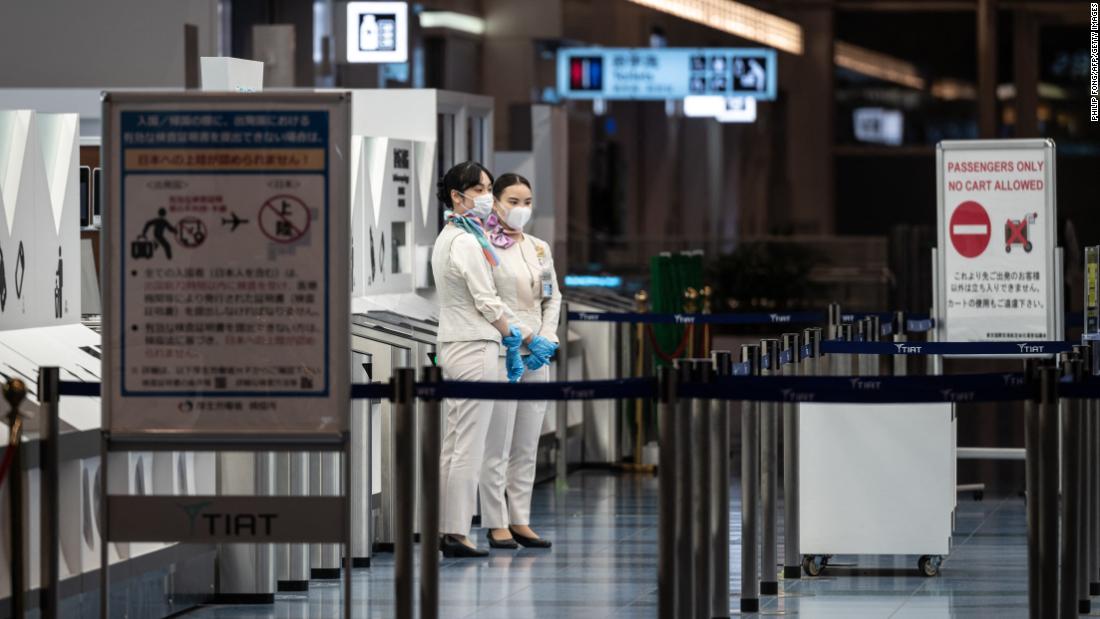
Japan confirms first case of Omicron variant
From CNN's Junko Ogura in Tokyo
Japan has detected its first case of the Omicron coronavirus variant in the country, Chief Cabinet Secretary Hirokazu Matsuno said at a news conference Tuesday.
The infection was detected in a man in his 30s who traveled from Namibia to Tokyo and tested positive at Narita Airport on arrival Sunday.
Matsuno said the man is in quarantine at a government facility and his close contacts have been traced.
Japanese Prime Minister Fumio Kishida was planning to hold an emergency meeting with ministers, he added.
Japan is the 19th country or territory to diagnose a case of Omicron, according to analysis and data compiled by CNN.
Omicron has been labeled a "variant of concern" by the World Health Organization. There is no indication yet whether the variant is more transmissible or more deadly than previous mutations of the coronavirus.
Australia confirms sixth case of Omicron variant
From CNN's Lizzy Yee in Hong Kong
Australia has reported a sixth case of the Omicron coronavirus variant after a traveler who recently arrived in the state of New South Wales from Qatar was found to be positive for the virus.
The patient, who is fully vaccinated, flew on flight QR908 from Doha to Sydney on November 25, according to a statement by NSW Health. The person had previously been in southern Africa.
According to the statement, the person had visited a number of venues in Sydney and the Central Coast before new arrival restrictions were enacted. The infected traveler is now isolating at home on the Central Coast.
Two people who had been on the same flight, QR908, have also been confirmed as Covid-19 cases, but genomic testing is still underway to determine if it is the Omicron variant, according to NSW Health. Neither traveler had spent time in southern Africa.
Australia has now identified five Omicron cases in New South Wales and one infection in the Northern Territory.
Island of Reunion identifies first Omicron case in French territory
From CNN’s Joseph Ataman in Paris
The first case of the Omicron variant recorded on French territory has been detected on the island of Reunion, Dr. Patrick Mavingui, research director at French tropical disease center PIMIT, said Tuesday.
The patient, a 53-year-old man, had recently travelled to Mozambique via South Africa, before returning to Reunion on November 19, Mavingui told Reunion First Radio.
He was symptomatic and authorities had placed him and his entourage in quarantine.
In an effort to halt the Omicron variant’s spread, France imposed a temporary ban on flights between southern Africa and French territories on Friday.
French Health Minister Olivier Veran said Sunday that eight possible Omicron cases had been identified in France, adding it was possible the variant was already circulating in the country.
Australian state of Tasmania restricts international arrivals
From CNN's Lizzy Yee
The Australian state of Tasmania has banned arrivals from overseas, with the exception of New Zealand's South Island, following the emergence of the Omicron variant.
Travelers who have spent time abroad in the 14 days prior to Sunday, November 28, will not be permitted to enter the state unless approved as an "essential traveler," according to new guidance issued by the Tasmanian government.
If approved as an "essential traveler," arrivals must present a negative Covid-19 test 72 hours prior to entry and complete a 14-day quarantine on arrival.
The new measures are in addition to national restrictions and requirements already issued by the Australian government.
Earlier, Australia announced a ban on entry by foreign nationals who had traveled in the previous 14 days to nine southern African countries: South Africa, Lesotho, Botswana, Zimbabwe, Mozambique, Namibia, Eswatini, Malawi, and the Seychelles.
Hong Kong heightens quarantine for inbound travelers from some African countries
From CNN's Lizzy Yee in Hong Kong
Hong Kong has tightened quarantine restrictions for arrivals from some African countries following the emergence of the Omicron variant.
From Tuesday, four African countries have been added to a list of high-risk locations with special additional quarantine requirements: Angola, Ethiopia, Nigeria, and Zambia.
Hong Kong residents who travel from these four countries must spend seven days after arrival in a government quarantine facility where they will undergo daily Covid-19 testing. They must then spend an additional 14 days in compulsory quarantine at a hotel.
The requirement had already been put in place for Hong Kong residents arriving from Botswana, Eswatini, Lesotho, Malawi, Mozambique, Namibia, South Africa and Zimbabwe.
Non-residents traveling from these countries can not enter Hong Kong.
High-risk list: In addition, from Thursday, nine more countries will be added to Hong Kong's list of high-risk places, but without the need for additional quarantine in a government facility.
Those countries are Australia, Austria, Belgium, Canada, the Czech Republic, Denmark, Germany, Israel, and Italy, all of which have identified at least one confirmed case of the Omicron variant.
Only fully vaccinated Hong Kong residents will be allowed to enter from these countries, after which they must undergo 21 days of hotel quarantine. Non-Hong Kong residents who have visited these countries within 21 days are no longer allowed to enter Hong Kong.
Singapore-Malaysia border reopens for vaccinated travelers
From CNN's Teele Rebane in Hong Kong
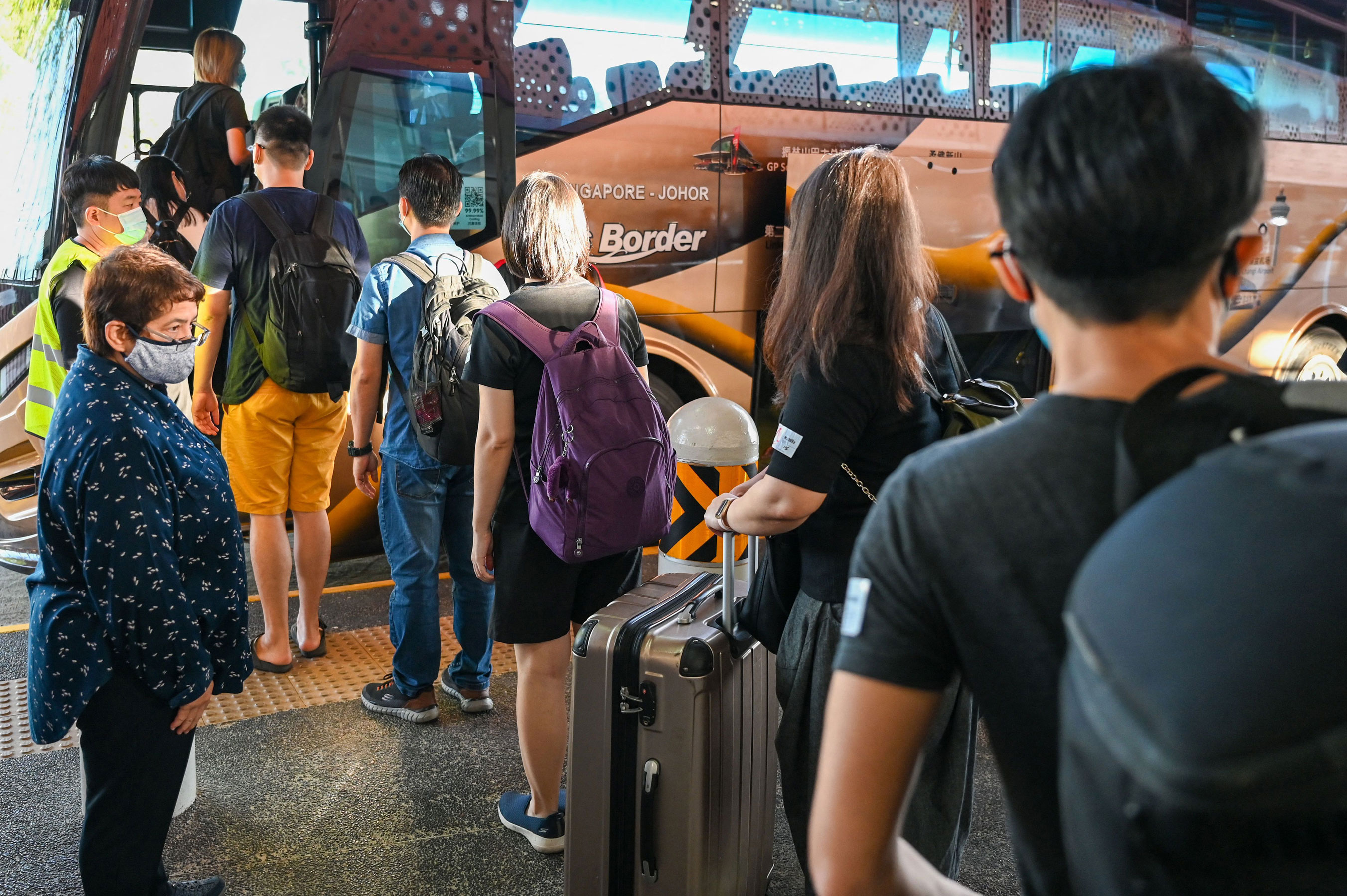
Singapore and Malaysia reopened their shared land border Monday to vaccinated travelers for the first time since the pandemic began almost two years ago.
Citizens, permanent residents or long-term pass holders of the country they are entering may now cross the border quarantine-free on designated Vaccinated Travel Lane (VTL) buses, according to a statement by the Prime Minister of Singapore's office.
However, those who travel to Singapore by other means, including private transport or walking across the causeway, will be subject to border control measures, which include serving a seven-day Stay-Home Notice, the Singaporean government said in a statement.
All travelers must be fully vaccinated, have a negative Covid-19 ART or PCR test taken within two days of departure, and have remained in Malaysia, Singapore or any other VTL country for at least 14 days prior. They will also have to take a Covid-19 test on arrival.
The two countries "aim to progressively expand" the VTL to include general travelers from mid-December 2021 onwards, "taking into account the public health situation," Singaporean Prime Minister Lee Hsien Loong said Monday.
"The Covid-19 situation in both countries is now stabilizing. Both have made good progress in vaccinating our populations. Hence it is timely for us to reopen our borders, progressively and safely," Lee said.
"We are all watching anxiously the new Omicron variant, to see how it will behave," he added. "But even if Omicron disrupts these plans, our goal will still be to have more open borders between Singapore and Malaysia, and I am quite confident that after some time we will be able to make further progress."
India offers medical supplies to African nations in fight against Omicron variant
From CNN's Manveena Suri in New Delhi
India says it “stands ready” to support countries in Africa affected by the Omicron variant, including providing vaccines and medical supplies.
In a statement Monday, the Ministry of External Affairs (MEA) said it was offering support to countries experiencing Omicron outbreaks by providing drugs, test kits, gloves, PPE kits and medical equipment such as ventilators.
The ministry also encouraged African nations to order India's Covid-19 vaccines through COVAX, the World Health Organization’s global vaccine sharing program, or bilaterally.
"We express our solidarity with the countries, particularly in Africa, who have so far been affected by the Omicron variant," the MEA said.
"The Government of India stands ready to support the countries affected in Africa in dealing with the Omicron variant, including by supplies of Made-in-India vaccines."
The MEA said the government has approved all orders placed so far by COVAX for supplies of Covishield, a vaccine developed by AstraZeneca-Oxford and produced by the Serum Institute of India, to African nations such as Malawi, Ethiopia, Zambia, Mozambique, Guinea and Lesotho.
Supplies of the India-made Covid-19 vaccine Covaxin have also been approved for Botswana.
“Any new requirement projected either bilaterally or through COVAX will be considered expeditiously,” according to the statement.
To date, India has supplied more than 25 million doses of its domestically developed vaccines to 41 countries in Africa through donations and COVAX supplies.
At least 17 countries and territories have confirmed cases of the Omicron variant
From CNN’s Tim Lister, Hira Humayun and AnneClaire Stapleton
At least 17 countries and territories have confirmed Omicron variant cases, according to analysis and data compiled by CNN.
Spain and Austria both reported their first cases of the Omicron variant in the past 24 hours, while Germany confirmed its first infection with no overseas travel history.
These countries and territories have confirmed Omicron infections:
- Australia
- Austria
- Belgium
- Botswana
- Canada
- Czech Republic
- Denmark
- Germany
- Hong Kong
- Israel
- Italy
- Netherlands
- Portugal
- South Africa
- Spain
- Sweden
- United Kingdom
The 3 critical questions scientists are trying to answer about the Omicron variant
From CNN's Ralph Ellis and Susannah Cullinane
Americans face at least two weeks of uncertainty before major questions may get answered about the Omicron variant of the coronavirus.
Health experts urge the public to be cautious and patient as scientists try to find out whether Omicron — deemed a "variant of concern" by the World Health Organization — is more transmissible and dangerous than other forms of the novel coronavirus and whether existing vaccines work against it.
Omicron variant cases have been detected in numerous countries, including Canada. No cases have been found in the United States, but many experts says it's inevitable.
The overall global risk related to the newly discovered B.1.1.529 strain of the coronavirus "is assessed as very high," WHO said in a technical brief Monday.
Warnings about the renewed threat from the Omicron variant come as Americans have become weary of nearly two years of precautions and are returning from a Thanksgiving break that saw air travel at close to pre-pandemic levels .
Experts are now racing to determine the answers to these three critical questions :
• Do Omicron's mutations make it more transmissible?
• Is it more severe or dangerous or deadly than other variants?
• Is it more resistant to vaccines?
It could be weeks before we have the answers.
CNN Chief Medical Correspondent Dr. Sanjay Gupta said Monday that people should get vaccinated or get booster shots — and keep adhering to public health safety measures.
"I think (high filtration) masks and ... physical distancing, without the need to shut down, can be very effective until we get a hold of what is really going on here," he said.
With much about Omicron still unknown, officials say vaccinations and boosters remain the best protection available.

 Landwebs
Landwebs 







